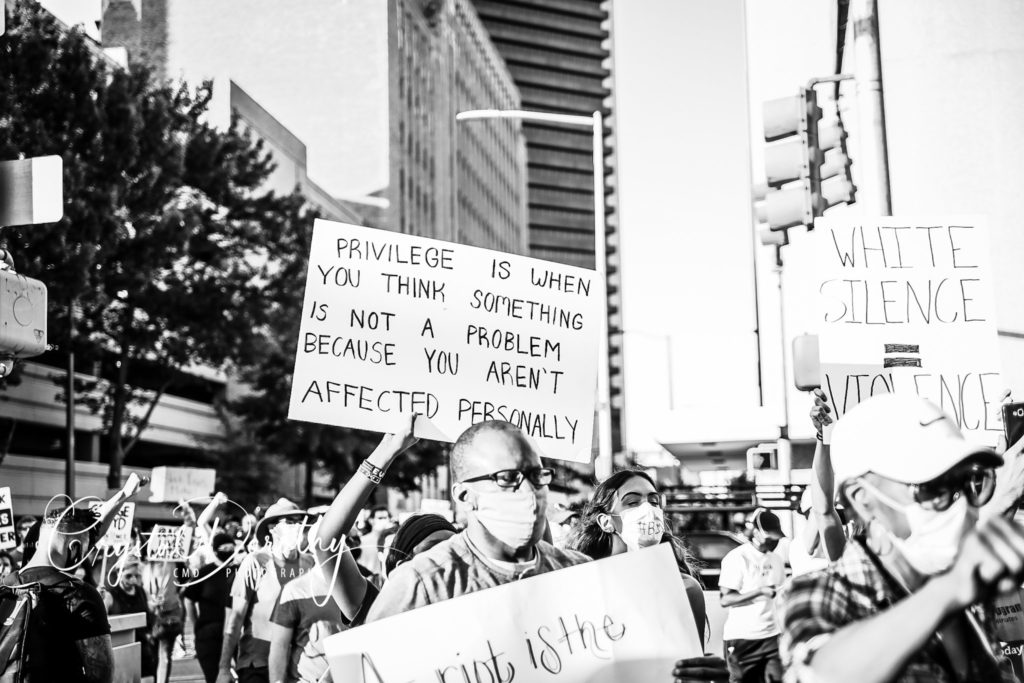
If you would have asked me prior to this morning if I was racist, I would have responded with a resounding and slightly affronted “No.” I’ve been consistently educating myself and my children about the underlying racism in our country for years. I’ve gone to protests and donated my photography services to document them. I’ve read books, picked businesses that supported anti-racist agendas and black creators. I’ve been a keyboard warrior. I’m doing everything I’m supposed to do, there was no way I could still be racist, right?
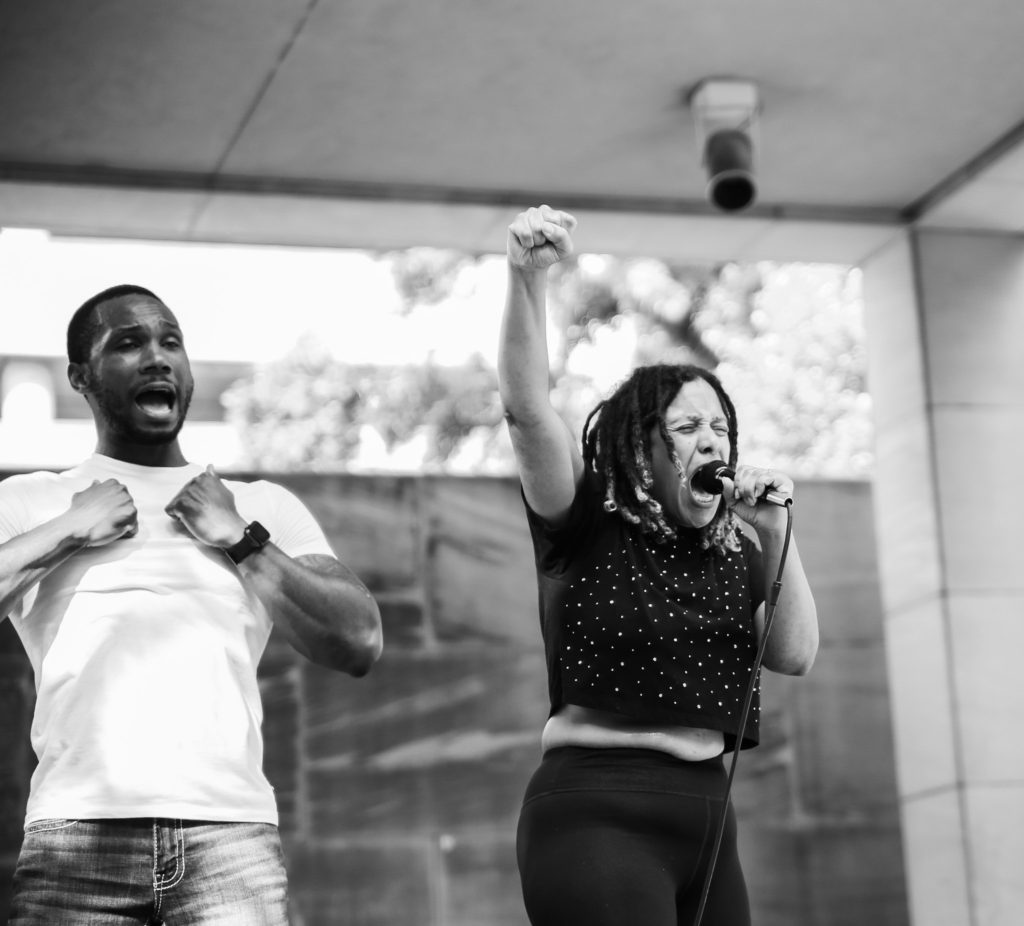
WRONG
This morning I was confronted with just how far I still have to come. As I was sitting in the drop off line for Everett’s school, I was behind what looked to be a shiny brand new yellow jeep- dealer plates and all that jazz. In my mind, the driver I pictured in the car was a 30-40 something white dude on his way to work. When the driver stepped out to grab something for their child I was shocked. It was a younger black woman, dressed in a business casual outfit, and long purple colored hair, (which was gorgeous fyi).
My first thought wasn’t “good for her, she must have just gotten a new car,” it was “I wonder if she works at the dealership or if they gave her a loaner. There is no way that could be hers.” Within seconds of thinking that I immediately felt guilty and shouted internally at myself “WHAT THE HELL IS WRONG WITH YOU?!?!”
I started to dissect why I felt the way I initially had. It came down to a life-long ingrained sense that the black community is some how “less” than the white. In addition to that, there was also a deep-seated feeling that it shouldn’t have been a woman driving that car, it should’ve been a man.
I have spent a lifetime being subconsciously trained to be a racist and sexist sheep.
I called a close friend and recounted my experience. To my surprise, she immediately said “I am so glad you said something. This happens to me all the time and I thought I was the only one.” It made me realize that as a society, just how indoctrinated these concepts have become.
By the time children start school, they are already taught these types of stereotypes. They ask questions and mentally learn to sort everyone into categories, women are “caring and nurturing,” men are “tough” and hold “important” jobs. Acting “white” is “smart” and more socially acceptable. Using AAVE make you look “uneducated.” I could go on, but I’m pretty sure you get the point. We’re so inundated with these stereotyped messages, and they are so well learned they’ve become firmly ingrained in our minds, so that they get activated and we use them without even being aware of it or realizing it.
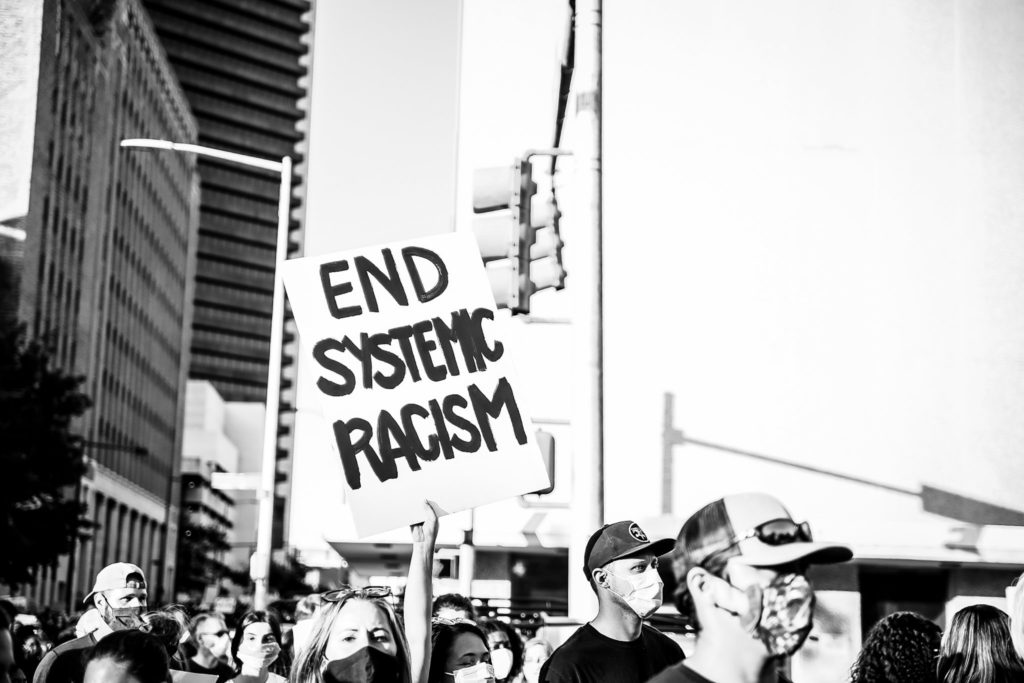
I have come a long way from my early 20’s something persona who jokingly said “nigga please” to one of my black girlfriends, (don’t worry she promptly educated my idiotic ass), but I still have a long way to go. We may never be able to unlearn these unconscious biases, but we can learn to recognize and address them. It’s going to take time, patience, and dedication. It’s also going to take ACTUAL EFFORT from us. It’s also not the black communities job to educate you on how to be less racist.
I’ve also come to the conclusion that we need to make a distinction between what people commit to in terms of their values. And I think when you think about people’s values and whether they’re committed to equality and trying to create opportunities for others, most Americans would say yes. Unfortunately, however, we also are prone to making snap judgments about other people, sort of spontaneous, default, quick assessments of others, and those tend not to coincide with our values all the time. Though they tend to look more biased than our values do, recognizing our bias when it happens is the only way we can start to combat these negative stereotypes.
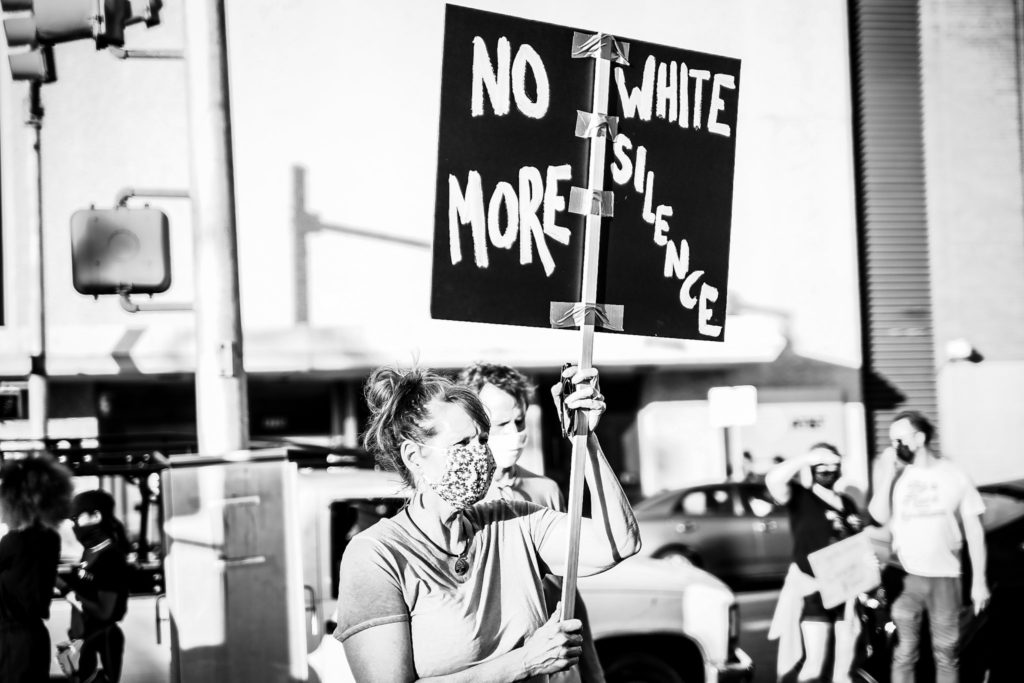
We can also educate our children to be better than us. We can teach them that the assumptions that they make can diminish the experience of others, or constrain their opportunities if they’re not thinking that others are capable of doing a wide range of activities. We can teach them that we reject notions of racial and gender biases, and yet still be very well aware of the stereotypes that are attached to these groups.
You’ll need to become aware of when it is that you display those types of responses, sort of tuning in to when it is you’re most vulnerable to showing bias. You have to have some strategies, some alternative responses, that you could enact, instead of the stereotypic bias. And then you have to work at it. You have to put some effort into it. But with the combination of motivation, awareness, strategies and effort, I feel like we can learn to regulate the expression of these stereotypic biases. We need to look in the mirror and face the ugly truth and make a commitment to stop running from it.
Will I ever unlearn these behaviors? Most likely not, but I do have faith that I’m getting better and that I’m teaching my children better. And that’s enough for me.
I encourage you to also take time this week and think about your own biases and how they have shaped your life. Do you like what you see? If the answer is no, I challenge you to take the steps needed to confront those biases and see how life changes for the better.
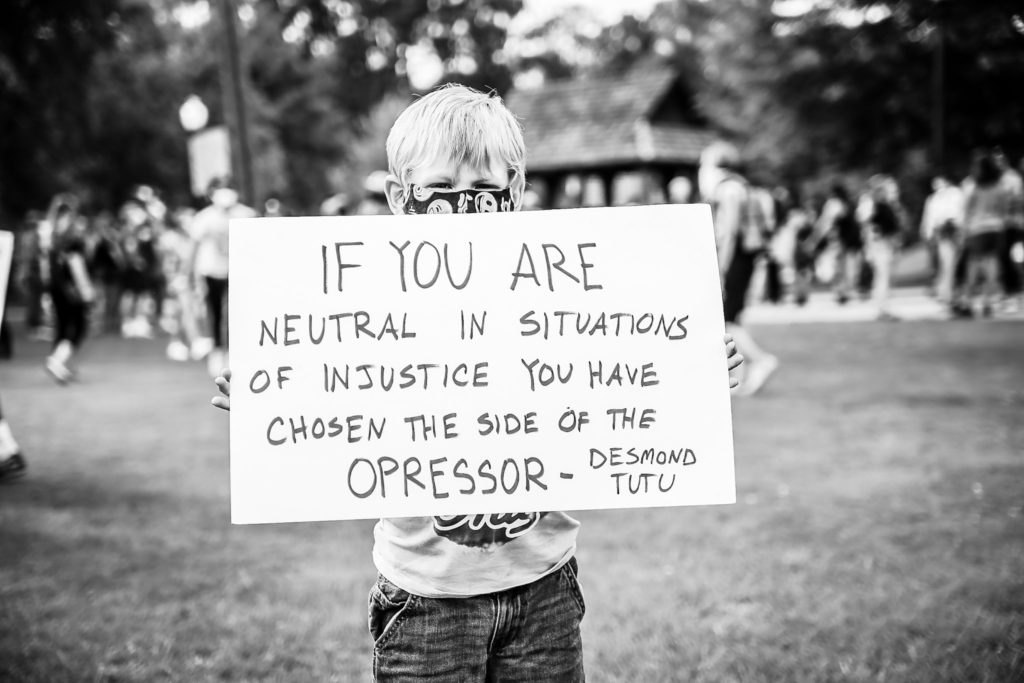

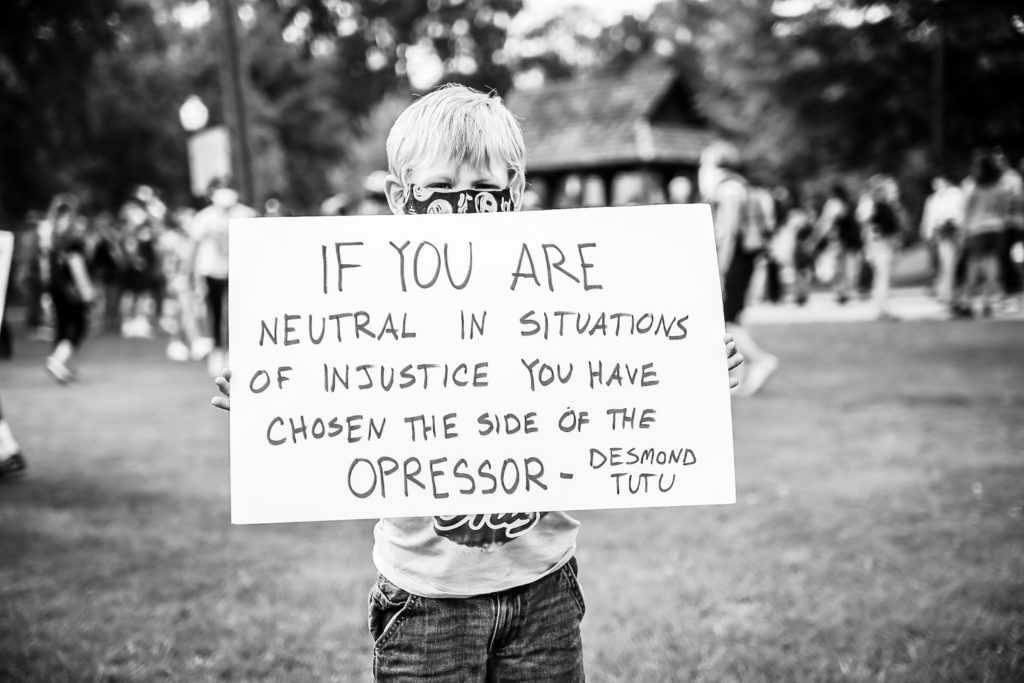
Very well put. And I feel exactly the same way. In the last year I have had to confront myself on many of the same issues. I totally recognize my racism from when I was younger,, but I thought I had gotten past it. It’s these little things that I now recognize in myself and hope to improve.
My recognition has increased significantly since I have moved to another country. Living in Vietnam, I am completely surrounded by people from another culture. They may not be black, but they are people who are completely different than me. I hear the conversations in the restaurants and bars of how uncivilized the country we live in is. However, it doesn’t take much effort to stop and look and see why they do things the way they do. It may be different from us, but they had centuries of history and culture behind them that define who they are. Everything they do is the correct thing here. It fits within their framework of reality. Even if we do not understand it. They are a culture in their own right that has a reason for the way they think, act, and live.
It translates the same way to the black community. And often, there aren’t even differences other than the color of their skin. Prejudice is so ingrained, it is difficult to get past it and sometimes even recognize.